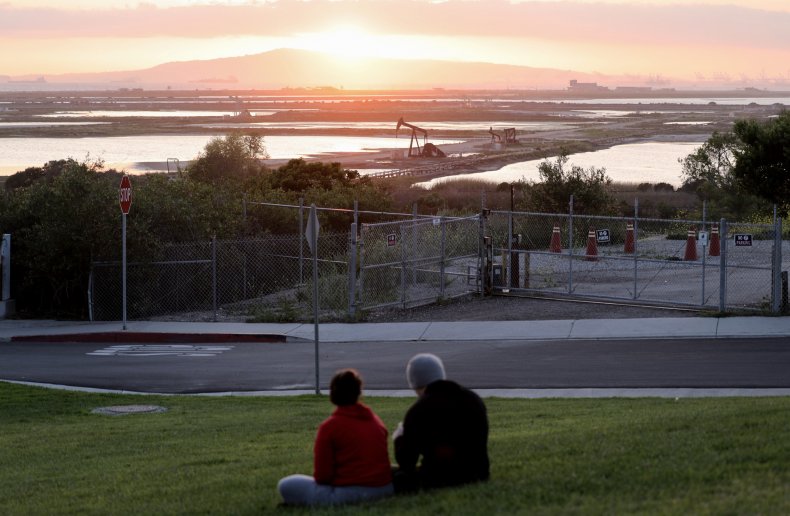The following Newsweek opinion piece’s principal message is that the current COVID-19 pandemic should teach us the lesson about the cost of failing to recognize foreseeable disasters and take actions to mitigate them. Denying the science behind pending catastrophes doesn’t make them go away.
“The real discussion we should be having is not about the age-old debate of big government versus small government. It’s about smart government versus dumb government, science versus wishful thinking, preparation versus procrastination, prevention versus neglect.”
This is true for this Corona Virus and it’s true for climate change. Here are some of the author’s observations about these parallel disasters.
“collective, effective action in the face of a common enemy is possible, so long as the threat is imminent, evident and lethal. That raises a question about other global challenges, including climate change, that may be less immediate, but no less important. What will it take to spur effective action on them?”
“The cumulative economic losses from climate change will be far greater than the financial toll likely to be inflicted this year by COVID-19. If global temperatures rise 2 degrees Celsius, the global price tag could reach $69 trillion by 2100.”
“Last year, 11,000 scientists signed a declaration warning that unless greenhouse gas emissions are radically reduced, the world is in for “untold suffering.”… Well before the end of this century, the number of people killed every year by increased drought, heat, storms, flooding and other climatic effects, including the wider spread of mosquito-borne diseases, could well exceed the toll likely to be taken this year by COVID-19. Last year, Dr. Michael Greenstone, co-director of the Climate Impact Lab, warned Congress that more people could die prematurely from climatic changes in 2100 than the number who die today from all infectious diseases combined.”
“The rapid spread of COVID-19 should remind us that our slowness to grasp the implications of exponential growth can be our swift undoing.”
“Fiscal conservatives should note that the amount that the federal government will spend in response to COVID-19 could approach the $4.4 trillion price tag of last year’s federal budget. We are already well past the $2 trillion mark. Civil libertarians should recognize that this crisis has done far more to restrict many of our essential freedoms, including freedom of movement and freedom of assembly, than anything since World War II. In the short-term, it also has done far more to restrict commerce, ruin small businesses and lower economic output than all the federal regulations currently on the books. The unemployment rate in the next few months will likely surge to levels not experienced in the Great Recession.”
“Will our children and their children have access to the water and energy they will require to grow crops, run factories, mine ore and meet their household needs? Will disputes over land, water and other resources lead to regional or global conflict?”
I try to be optimistic and bring you news of developments that potentially provide hope that we have the capability of changing our society in such ways as to mitigate and prepare for the oncoming climate tsunami. Even in the present circumstances in which we find ourselves I watch way too many of our leaders deny what is clearly right in front of them and continue to stick their heads in the sand.
Meanwhile, our terrifically, fabulous, best in the world perfect response to the pandemic has us with 4 times the number of reported cases of the next closest country, Spain, and growing rapidly out of control all around the country. I wonder if our fellow citizens will wake up and elect leaders with some degree of capability to comprehend how dire are our circumstances. Unfortunately,
“As they scramble to cope with the real-time COVID-19 emergency, our political leaders are coming to understand the “fierce urgency of now.” But they have yet to come to grips with the fierce importance of tomorrow.”
“too many of our elected officials are focused on winning the next election rather than preparing us to meet the challenges that loom ahead.”
OPINION
WE’RE MOVING MOUNTAINS TO FIGHT CORONAVIRUS. WHY NOT CLIMATE CHANGE? | OPINION
Robert Walker
April 22, 2020





